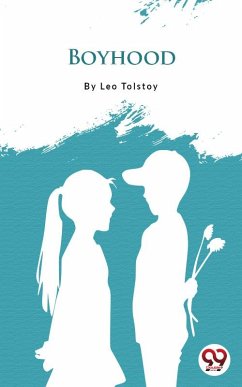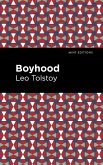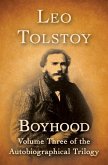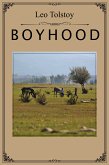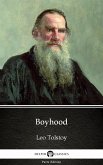'Boyhood' is the second part of Leo Tolstoy's autobiographical trilogy. First time, it was published in a Russian journal in 1854. Narrative of this book is largely based on Tolstoy's own early struggling life. Here, Tolstoy depicts that transition from childhood to boyhood is sudden and stormy. By the character of Nicholai, author tells that it is very difficult for a boy to face the challenges of life, without his mother. It covers the Nicholai's span of life from the age of 14 to 18 years. In his narratives author describes various features of a boy's development, his attraction towards female, his struggle of life and ideas regarding friendship, humanity, freedom and respect. He also shows the hardship of service class and master and workers relations, in the Russian society, during that period. By the time Nicholai not only gains his understanding and individuality, he also gives recognition to the individuality of villagers and servants, leaving behind their identity as serfs. Although, his writing depicts about particular time, place and culture. But Tolstoy highlights the universal vision of youngsters that 'they are lonely and no one cares for them. Everyone shows disagreement with them.'
Dieser Download kann aus rechtlichen Gründen nur mit Rechnungsadresse in A, D ausgeliefert werden.

